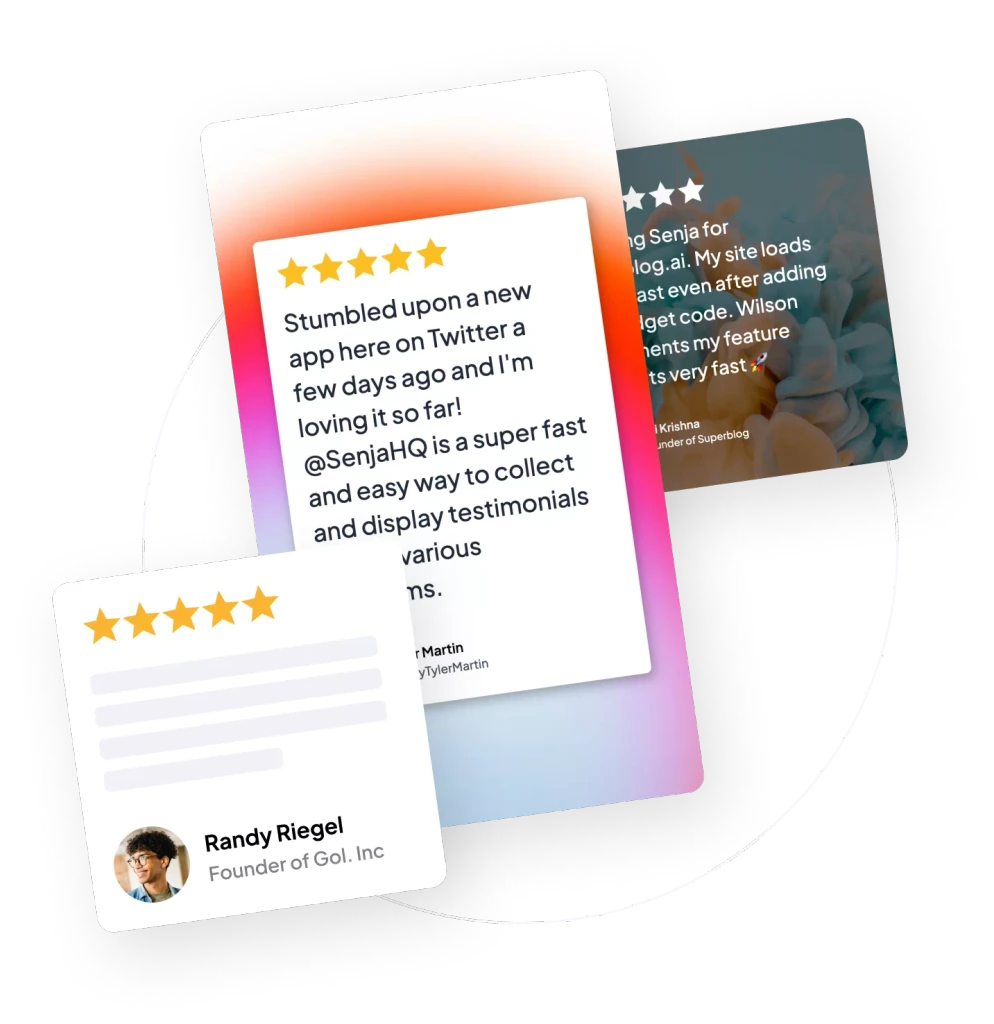Intro
9 steps from zero to launch 🚀
Welcome to our guide to creating your first cause. From naming to launch, we'll give you tips, tools and insights you need to get live.
🫵
Naming
📽️
Format
🧠
Plan
🎨
Create
🍱
Platform
🌒
Beta
💜
Testimonials
💜
Experts
🔄
Refine
🚀
Launch
Naming
Decide on the name of your course
Your course's name is the first thing people will see, and it's got to grab attention while also conveying what the course is all about.
To start, jot down the core outcomes your course will deliver.
What transformation are you promising?
Use this as a springboard to brainstorm a list of potential names.
Get creative, but keep it simple and direct. Remember, you want the name to resonate with your target audience, so consider their pain points and aspirations.

Format
Decide course format
Choosing the format of your course is crucial. It's not just about what you teach, but how you deliver it. Whether it's video lectures, text-based modules, or interactive webinars, the format will deeply impact your students' experience and engagement.
📹
Video
Video lectures offer a dynamic, engaging way to teach, allowing for visuals and real-time demonstrations.
✍️
Text based
Text-based courses provide a self-paced, focused learning experience, ideal for detailed, written content.
👀
In-person
In-person courses facilitate direct interaction, enabling real-time feedback and a more hands-on learning experience.
Plan
Decide areas to cover
Deciding which areas to cover in your course sets the framework for your entire curriculum. Start by identifying the key outcomes you want your students to achieve.
Then, reverse engineer these outcomes into specific topics and subtopics. This way, you ensure that every piece of content serves a purpose and moves the student closer to their end goal.
Tight
No fluff. Every lesson should serve a purpose and contribute to the course's main goal.
Relevant
Ensure content directly addresses the needs and pain points of your target audience.
Impactful
The areas you cover should deliver noticeable results or transformations, making the learning experience valuable.
Create
Write and film content
Writing the content for your course is where your expertise truly comes to life. This is the stage where you transform your outline into actual lessons.
Platform
Pick your course platform
This is the digital space where your content comes to life, and it has to be friendly for both you and your students. Various platforms offer different features, from quizzes and certificates to complex analytics.
Here are our top picks…
Beta
Launch beta of course
Launching a beta version is like the soft opening of a restaurant—you get real-world feedback before the grand premiere. Don't aim for perfection; focus on improvement. Release the beta to a small, select group who are your ideal students. Their insights are golden nuggets that'll help you refine the course.
Testimonials
Collect testimonials and feedback
People buy from people. Without testimonials from people who've completed your course, it's going to be really hard to sell it.
Ask your beta testers to share a video or text testimonial about their experience. Add these testimonials to your course landing page, and even in modules of your courses.
Here are some tools that can help…
Refine
Refine your course
Refining your course is an ongoing process, not a one-time task. Use the feedback and data you collect to continually update and improve the course material. Keep an eye on student engagement metrics and drop-off points; these are your cues for areas that may need tweaking.
Hire a proofreader
Hiring a proofreader ensures polished, error-free content, enhancing your course's quality.
Iterate on feedback
Iterating on feedback helps you fine-tune the course, boosting its effectiveness and value.
Measure engagement
Measuring engagement shows where students are most and least active, guiding future updates.
Launch
Launch your course
The course launch is your moment to shine. Use a mix of social media, email marketing, and partnerships to get the word out. Offer limited-time discounts or bonuses to entice early sign-ups. Remember, the launch isn't the end; it's the beginning of your course's lifecycle.
Launch to list
Use your email list for a targeted, initial burst of enrollments.
Promote on socials
Leverage platforms like Instagram and Twitter to generate buzz.
Run paid ads
Invest in targeted advertising to reach a broader but still relevant audience.
Unlock this content
We'll send you tips on copy and social proof. Unsubscribe with one click
Testimonials Made Easy
The faster, easier way to collect testimonials
Jump in today and see how easy it is to collect testimonials with Senja.









